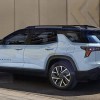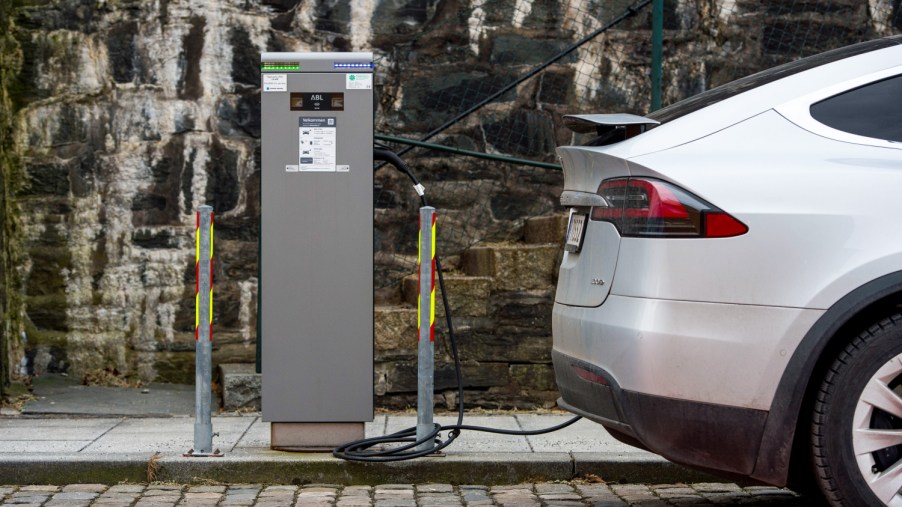
Hybrids and Plug-in Hybrids Aren’t The Same Things
With the rising popularity of hybrids and electric vehicles, there are a lot of new words and phrases that most people haven’t become very familiar with. While the general consumer understands engine size by the liter, it hasn’t become common knowledge or understanding to compare electric engine output. Among that, it is easy to get jumbled up in all of the terminologies and lose track of what each thing means. When I was shopping for my first hybrid, for example, I had no idea that not every hybrid is a plug-in.
Standard hybrid vehicles
I opted for a used 2011 Porsche Cayenne Hybrid S that I had found while trying to buy a car online. With all of the research I had done, the words ‘hybrid’ and ‘plug-in’ hybrid came up frequently, but as a consumer new to that section of the market, I didn’t have a clue what the difference was. So, when I showed up to check the car out in person, the realization set in that not every hybrid was a plug-in, and it made me wonder what the difference actually was.
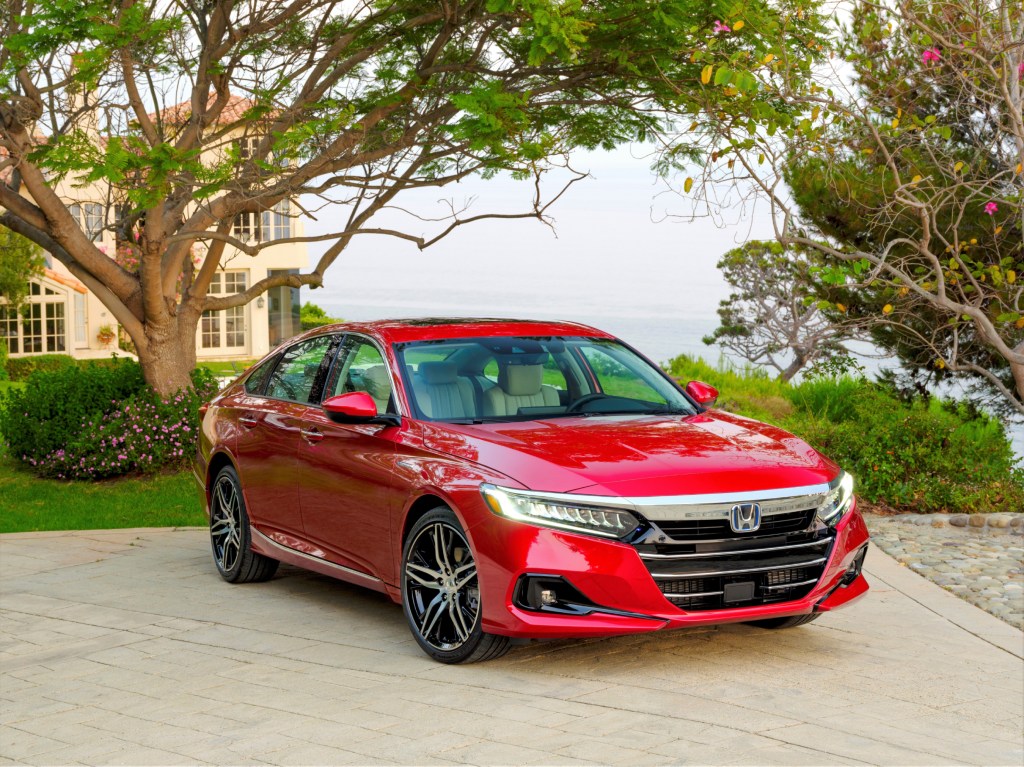
Plug-in hybrids
As the name suggests, a plug-in hybrid quite literally plugs in to charge. I knew this from our BMW i8 and had realized how annoying it could be to have to remember to plug my car in when I got home. Because the hybrid batteries charge from an external source, plug-in hybrids typically have a longer all-electric range than a standard hybrid, according to Car and Driver. They are typically more expensive to purchase than their hybrid counterpart, though that isn’t always the case, and you now have the additional electrical cost of charging your vehicle.
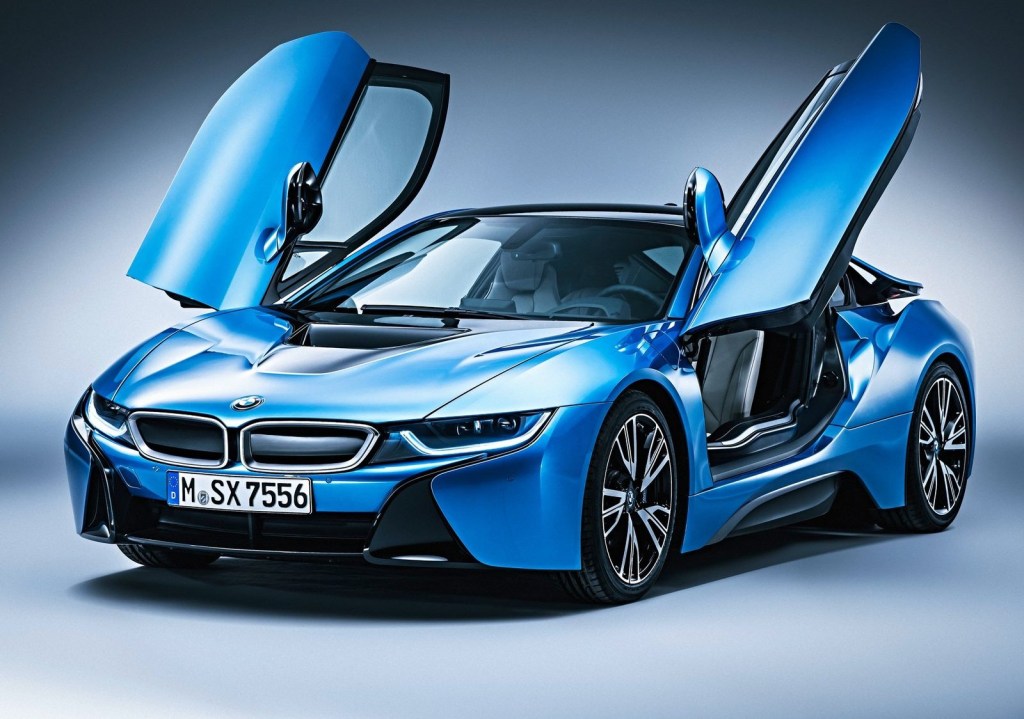
Which one should you buy?
For many people, buying a hybrid is a comfortable stepping stone for switching between a standard gasoline engine and a completely electric vehicle. To the more apprehensive, the standard hybrid is less to think about, because you never have to worry about plugging it in to charge, yet to others, the benefits of the plug-in hybrid are greater.
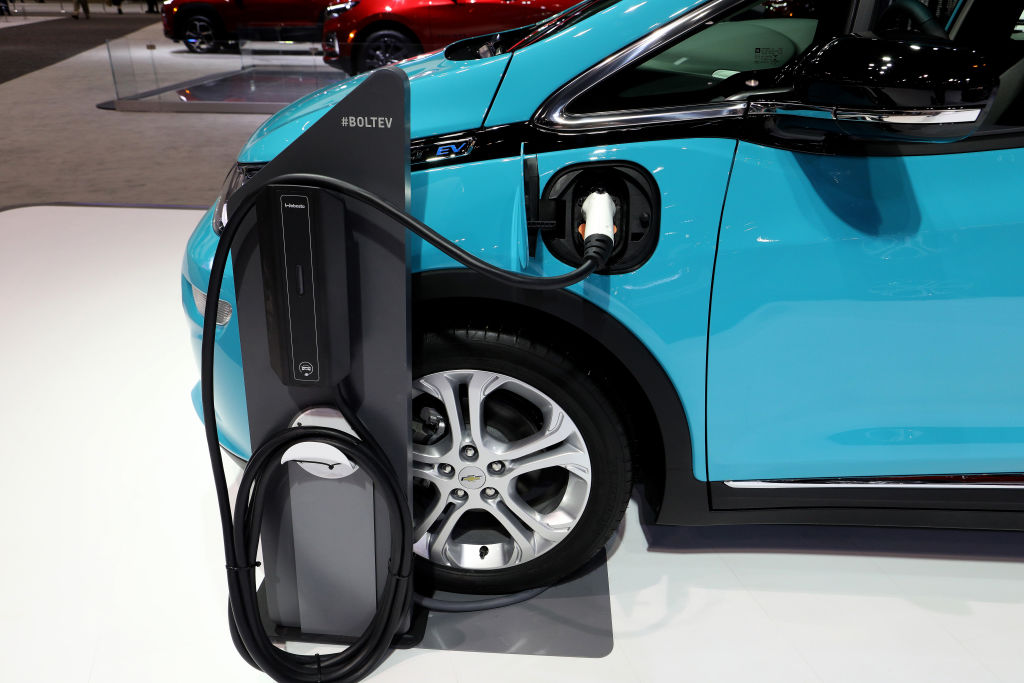
Both the standard hybrid and plug-in hybrid options are good choices depending on what you want from your vehicle. While there are pros and cons to both, either option is still a step in the right direction.
